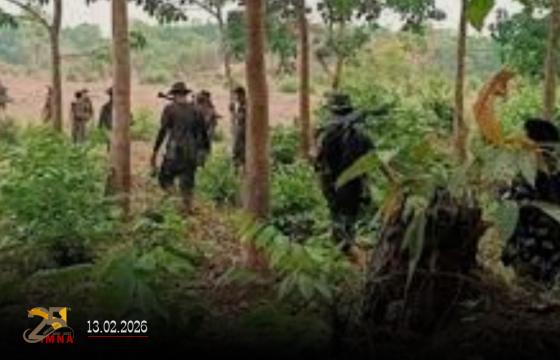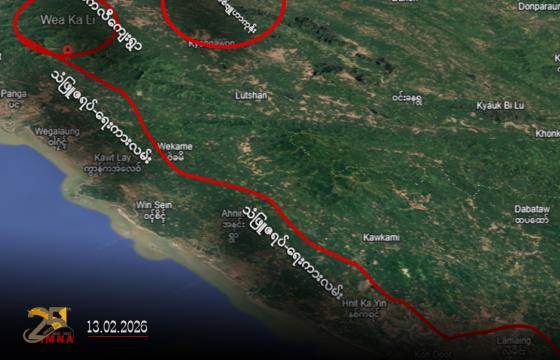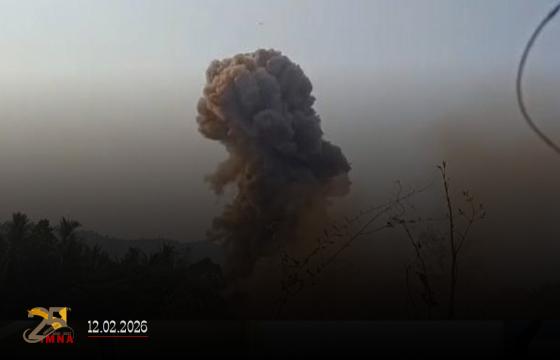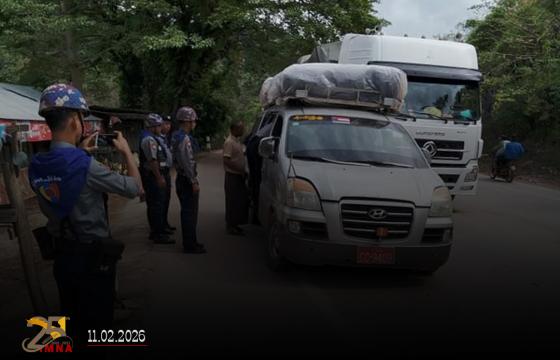Despite the convening of Union Peace Conference (also called 21st Century Panglong Conference) and the Burma Army’s recent appearance to be accepting of federalism, ethnic people are still uncomfortable with the military, said United Nationalities Federal Council (UNFC) vice-chairperson.
Nai Hong Sar, who is also vice-chairman of the New Mon State Party (NMSP), made the comment during a dinner party in Naypyidaw attended by Mon political parties the night before the conference began.
“Although many people accept dialogue, we, the ethnic people, still don’t feel assured by the Tatmadaw’s (Burma Army) current posturing. The Tatmadaw has accepted and talked about federalism, but it still doesn’t accept autonomy,” he said.
Union of Ethnic Affairs Nai Thet Lwin hosted the dinner party that saw the attendance of New Mon State Party, Mon National Party and All Mon Region Democracy Party--all groups attending the peace conference.
Student leader Min Ko Naing from the 88 Generation Peace and Open Society said the Burma Army and ethnic people have different opinions about what federalism means--a word that the army only started to accept in dialogue.
But 'federalism' was not mentioned in Burma Army’s Commander-in-Chief Snr Gen Min Aung Hlaing's speech at the Union Peace Conference opening ceremony yesterday.
Instead, Min Aung Hlaing said: “The Tatmadaw is cooperating with all groups in the current national reconciliation and peace-making processes, based on the three main causes and three essential policies to include peace and stability, national unity and the development of the people, which are essential for the country.”
The army will “contribute the utmost efforts in the implementation of such process” he said, adding that “both sides should follow the six-point peace policy adopted by the Tatmadaw as its drafting is based on our experiences throughout the history”.
The six-point peace policy set by the Commander-in-Chief are for ethnic armed groups to have a genuine wish for peace; keep promises during the peace process; refrain from reaping benefits from peace agreements, not become a burden on the people, follow the country’s existing rules of law; and to respect and march towards a democratic country in accordance with the 2008 Constitution.
Nai Hong Sar said the constitution is the problem.
“As the current government is a civilian government led by the NLD, the situation has improved from the previous administration. The 2008 Constitution needs to be amended,” he said.
Nai Hong Sar also said that some are concerned that ethnic armed organisations may be abolished.
Reporting by Min Thuta for MNA
Translated by Thida Linn
Edited by BNI staff







